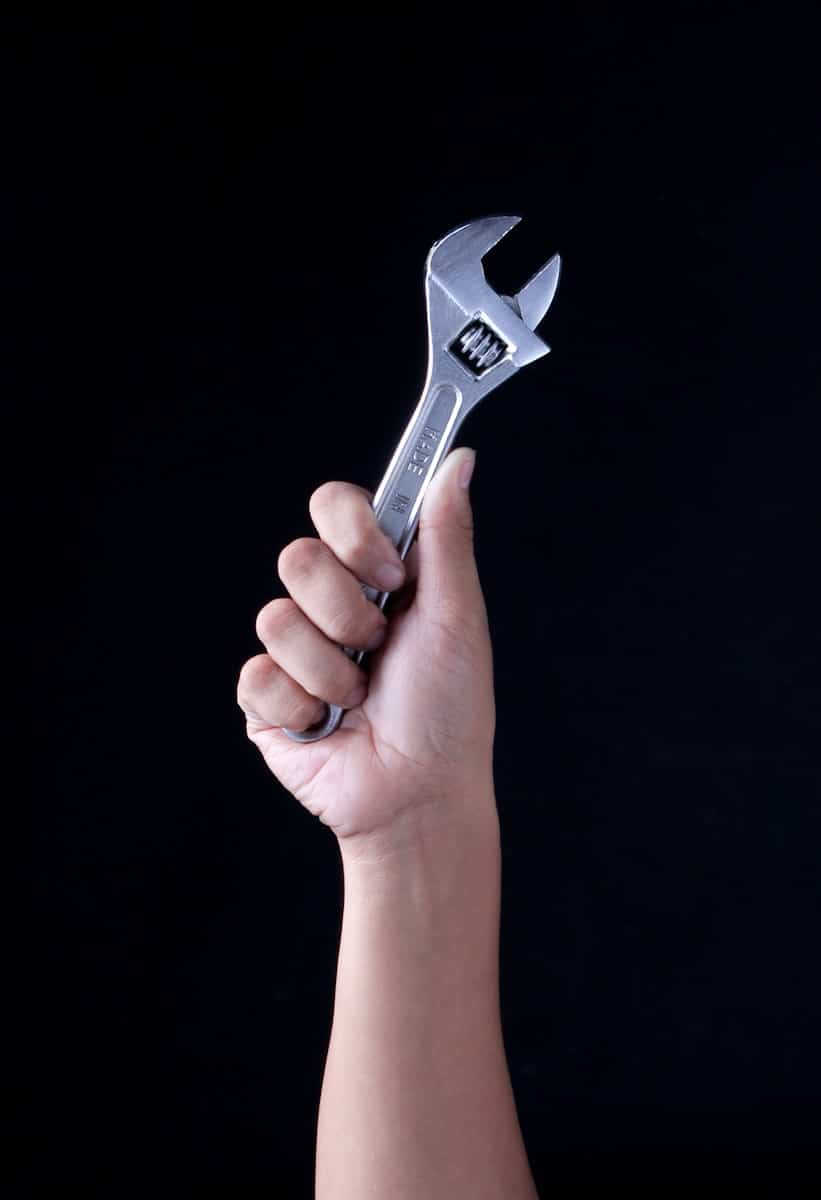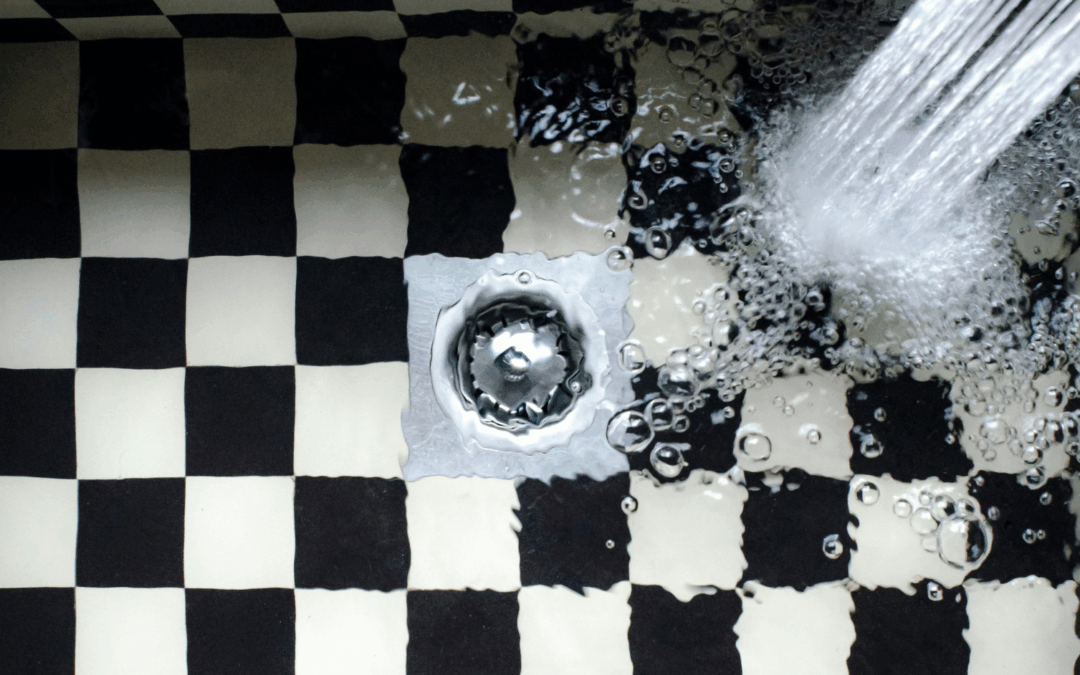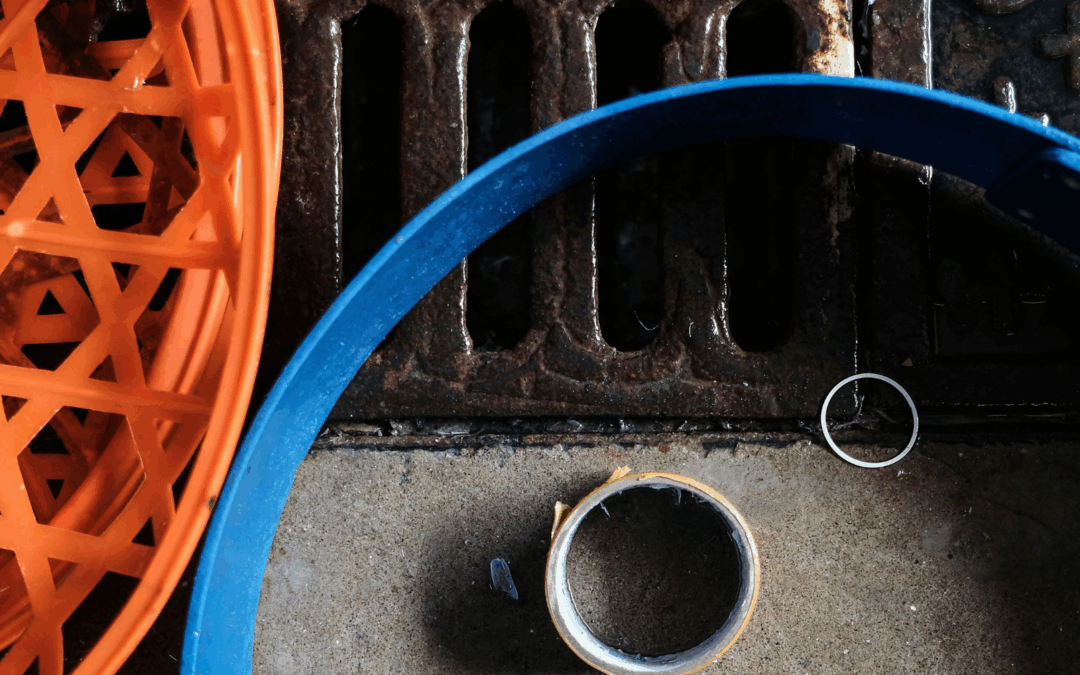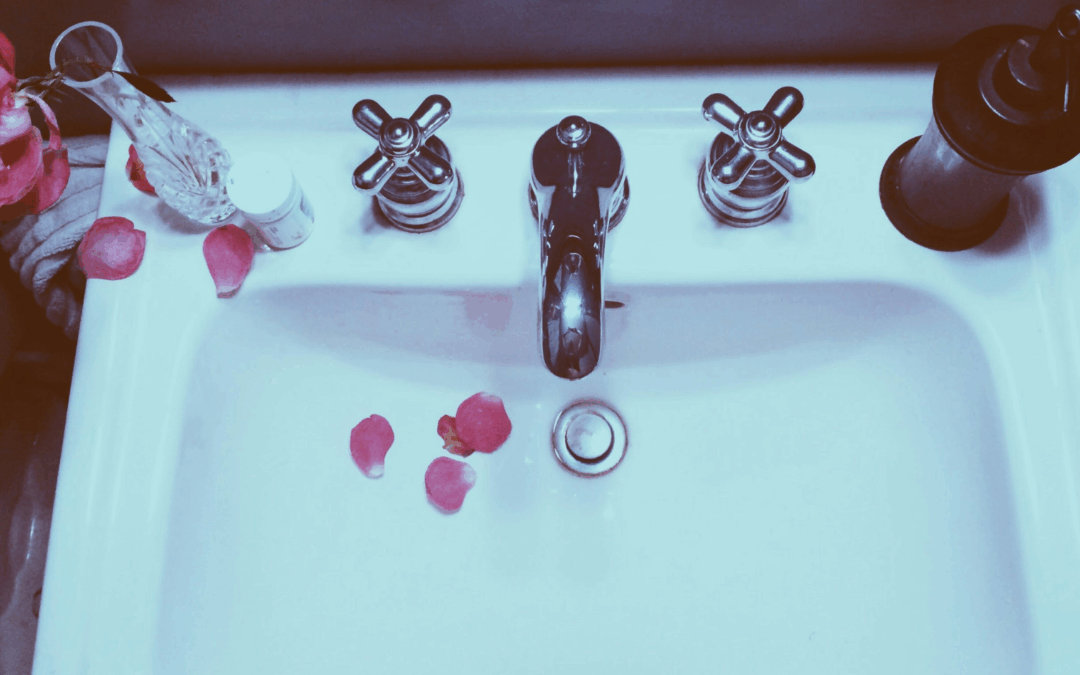Imagine stepping into the shower anticipating a soothing cascade of warmth, only to be jolted awake by an icy blast – an unwelcome start to your day that can be avoided with our water heater repair tips. At Maryland Sewer & Plumbing Service, we understand the importance of a reliable water heater. That’s why we’ve crafted this blog to empower you with the necessary know-how for addressing water heater issues with confidence.
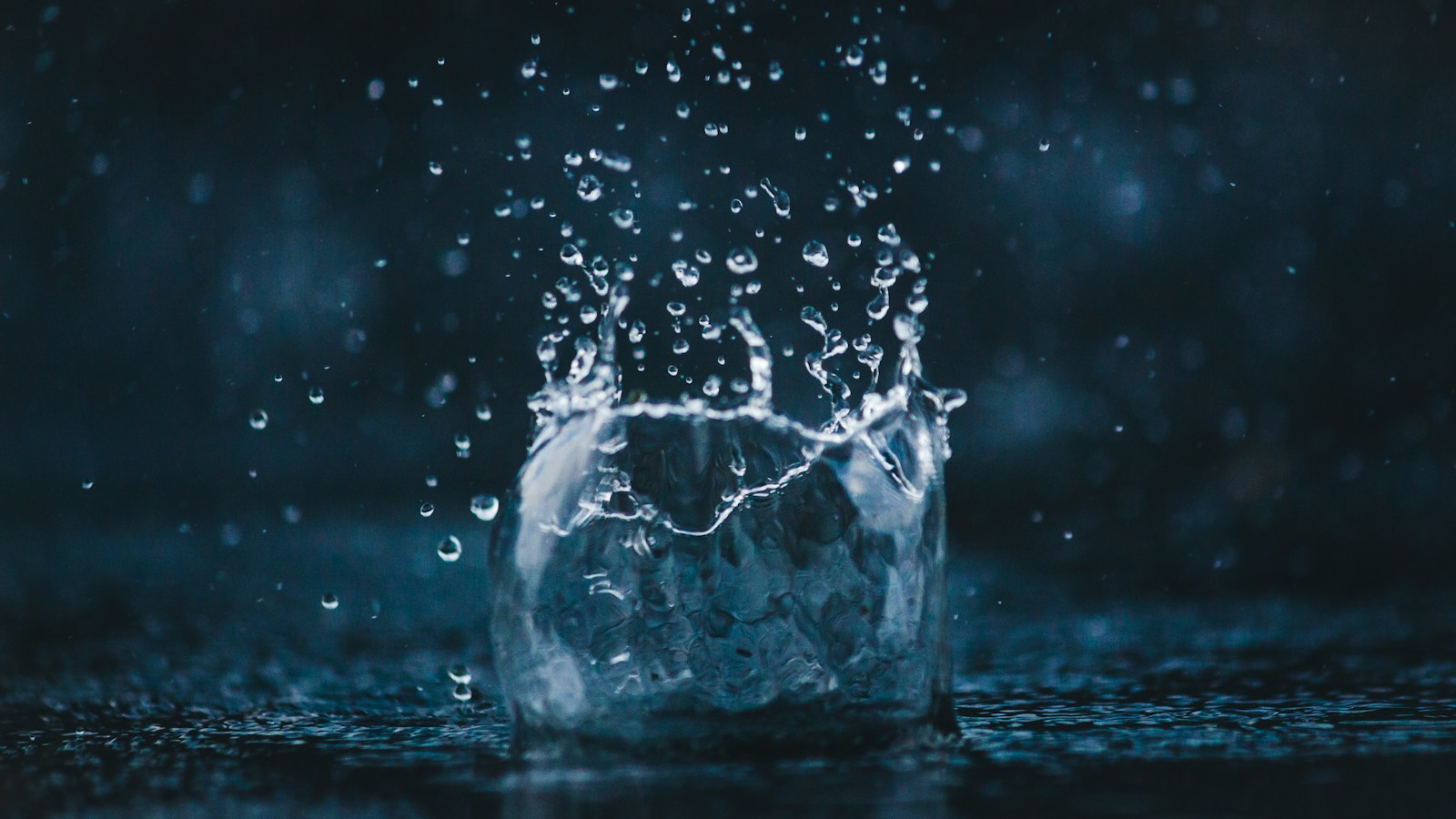
The Inner Workings of Your Hot Water Heater
Understanding the way in which your hot water heater operates is key to diagnosing and repairing any issues. Most residential water heaters are either electric or gas and consist of several crucial components, including a tank, thermostat, heating elements (for electric water heaters), and a burner (for gas heaters). The tank stores and heats the water, while the thermostat maintains the temperature setting. Let’s explore the significance of these elements and the role they play in providing the hot water you depend on.
Schedule Service Online
Get a free estimate so you know what you're signing up for
"*" indicates required fields
For Emergency Services Call: 410-255-9300
The Tank | Heart of Your Water Heater
The tank is where the magic happens. It stores and heats water continuously, ready to be distributed to your faucets and appliances, ensuring you have hot water at your command. Over time, sediment can build up at the bottom of the tank, potentially leading to issues with efficiency and even failure of the unit.
Thermostat and Temperature Pressure Relief Valve (TPRV)
The thermostat works in tandem with the heating elements or burner to regulate the water temperature. At the same time, the TPRV, like a guardian, releases pressure to prevent the tank from exploding if the pressure or temperature exceeds safe levels. These valves can stick or become faulty and should be regularly checked for proper functioning.

Gas vs. Electric Hot Water Heaters
When weighing the decision between a gas or electric hot water heater, several factors come into play that could influence your choice.
The Gas-Powered Water Heater
Gas heaters are often favored for their heating speed and recovery time, which is the time it takes to reheat the water in the tank after it’s been used. They do require proper ventilation and safety is a concern, as they utilize a flame to heat the water.
Despite the safety measures needed, such as ensuring there are no flammable materials nearby and installing carbon monoxide detectors, they remain a popular choice. Gas heaters can also be more cost-effective in regions where gas is cheaper than electricity.
The Electric Alternative
Electric heaters are more common due to their simplicity and ease of installation. They are also considered safer, as they don’t involve combustion processes and typically require less maintenance over time.
However, an electric water heater may be less economical to run depending on your electricity costs, and in the event of a power outage, you’re left without hot water. They generally have a longer lifespan than gas heaters and are a clean energy option if your electricity comes from renewable sources.
Both types of heaters have their pros and cons. It’s essential to consider your household’s needs, the availability and cost of utilities, and the infrastructure of your home before making a choice. For example, homes equipped with gas lines may find it easier to install a gas heater, while those without existing gas lines may need to evaluate the potential installation costs. The debate between electric and gas water heaters ultimately hinges on balancing cost-efficiency and convenience with safety and availability.
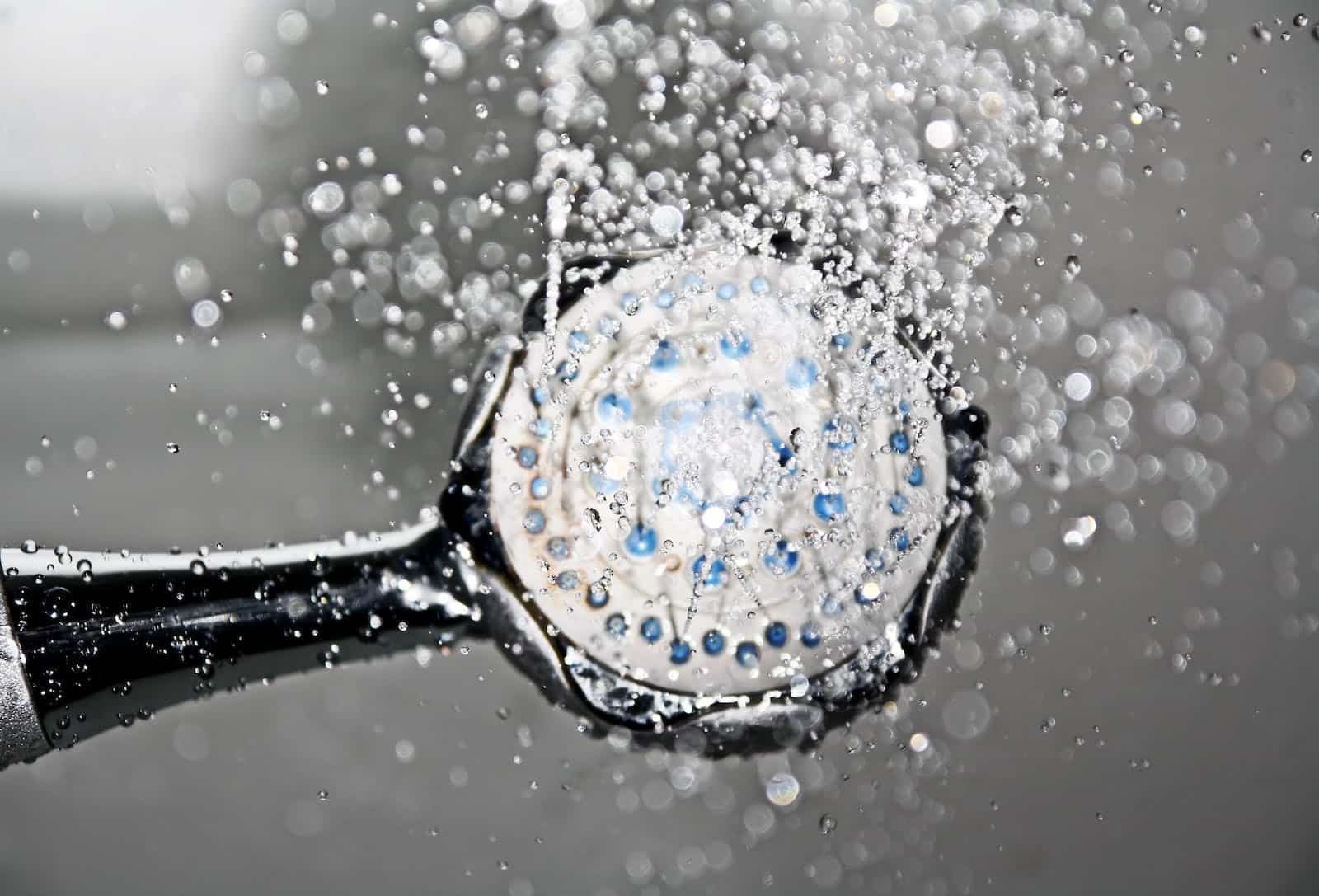
Identifying Common Water Heater Repair Symptoms and Solutions
A malfunctioning water heater can manifest its distress in several ways. Here are a few telltale signs of the most common water heater repair needs and solutions:
- Inadequate hot water: Should you find the hot water supply insufficient, or the duration of hot water noticeably shorter, it could point to a malfunctioning heating element. This is one of the most frequent issues addressed through water heater repair. Replacing a worn or defective heating element can restore your system’s ability to deliver a steady stream of hot water and is a fix best performed by a qualified technician.
- Strange noises: A water heater emitting popping, rumbling, or banging noises typically points to a buildup of sediment at the bottom of the tank, which can interfere with heat distribution and efficiency. Regularly flushing your water heater – a task that experienced DIYers can handle – is an effective way to prevent this buildup and maintain your unit’s performance. However, if you’re unfamiliar with water heater maintenance, it’s wise to enlist the services of a professional plumber to ensure the job is done safely and correctly.
- Leaking or dripping: Spotting water around your water heater should be taken as a red flag; it demands prompt attention. Leaks could emanate from the tank or the pressure relief valve, both of which can cause significant damage to your home. Such leaks might indicate internal tank corrosion or unsafe pressure levels inside the unit. A professional assessment is crucial, as solutions may range from having a new pressure relief valve installed to more complex repairs, depending on the underlying cause of the leak.
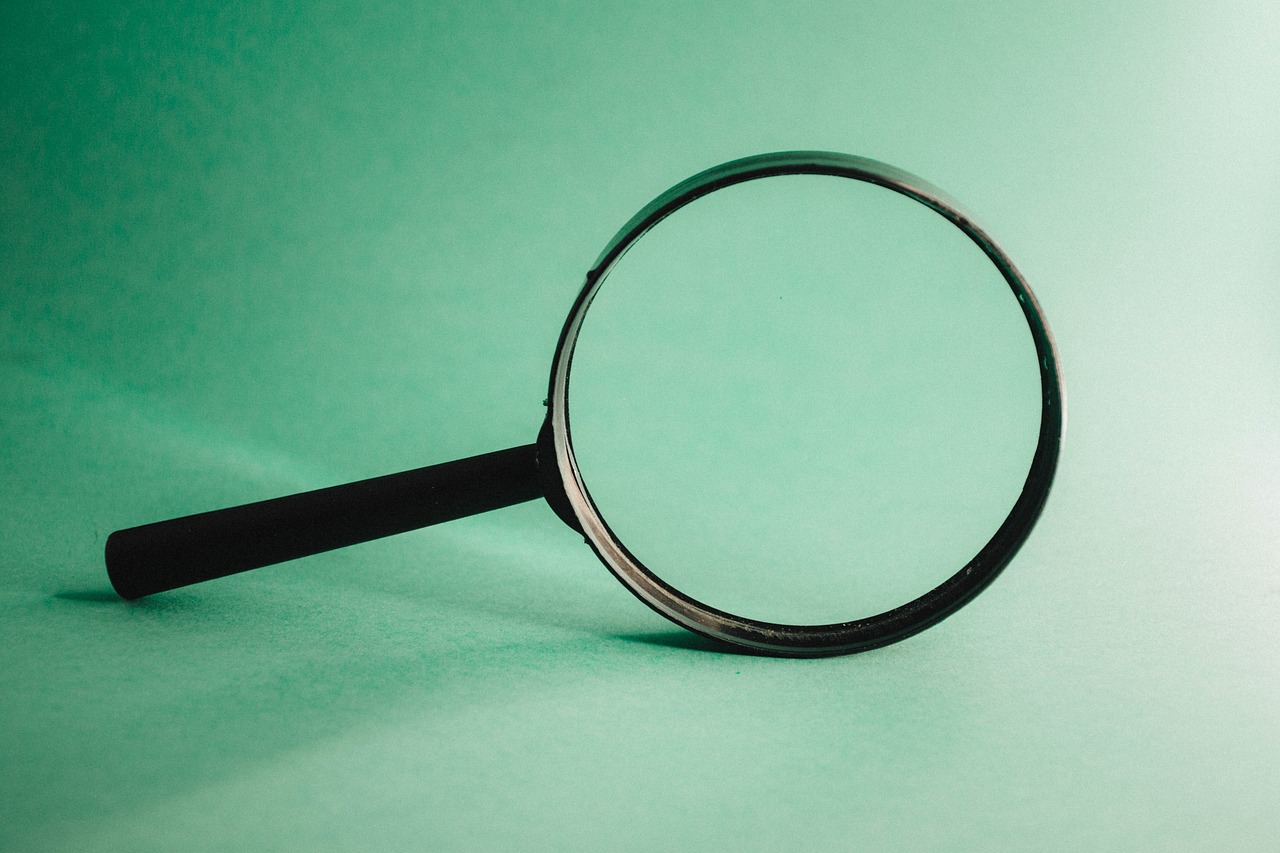
DIY Troubleshooting Tips for Your Water Heater
Before reaching for the phone to call in reinforcements, there are several DIY troubleshooting steps you can take to potentially resolve minor water heater issues and assess the situation.
Adjusting the Thermostat
Sometimes the solution is as simple as adjusting the thermostat settings. Lower the temperature, wait an hour, and then test the water temperature. This can help determine if the thermostat is causing the problem.
Inspecting the Pilot Light (for Gas Heaters)
For gas water heaters, a properly functioning pilot light is crucial. If it’s out, follow the manufacturer’s instructions to relight it. If it won’t stay lit, there may be an issue with the thermocouple, which you may need to replace.
Flushing the Water Heater
Periodic flushing of the water heater tank can remove the sediment that’s built up over time, improving efficiency and potentially solving issues with noise or lack of hot water.
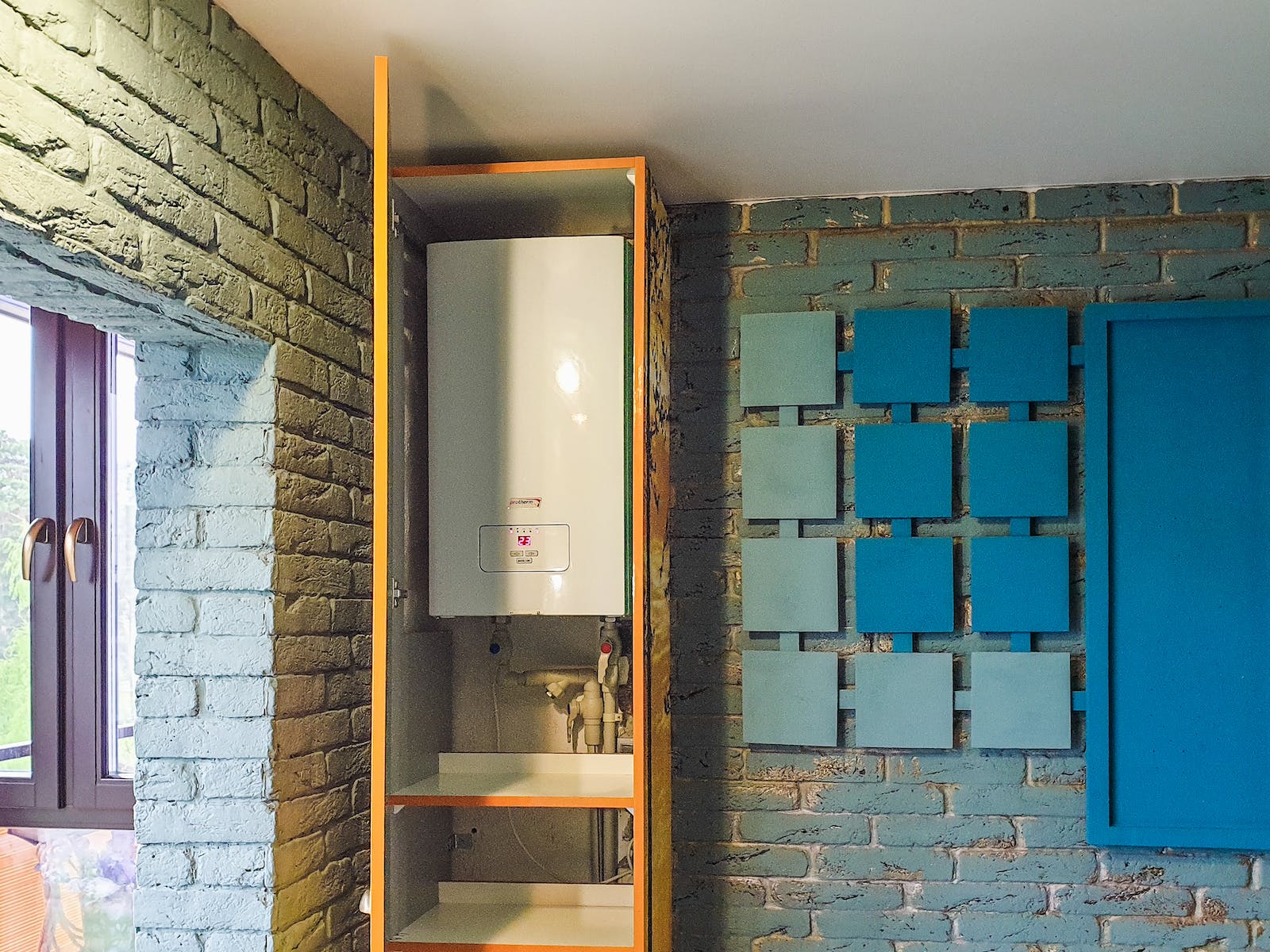
Understanding the Scope of DIY Water Heater Repair
Taking on a water heater repair can be daunting, and understanding the limits of DIY projects is critical for your safety. Gas water heaters, in particular, present unique challenges; the pilot light, gas lines, and burner assemblies are components that require meticulous handling to avoid gas leaks or fire risks. If anything appears out of the ordinary, such as a smell of gas or a burner that does not ignite, it’s imperative to immediately shut off the water heater’s power and water supply and contact a professional.
Recognizing Hazards With DIY Electric Water Heater Repair
Electric water heaters come with their own set of safety concerns. While they do not possess the risk of a gas leak, they do involve high voltage electrical connections. Improper handling of electrical parts can result in serious injury or even fatal consequences. Always ensure the power supply is completely shut off before performing any repairs, and if you’re not versed in electrical safety, don’t hesitate to seek professional help.
Water Heater Repair | When Experience Matters
When it comes to water heater repair, it’s essential to recognize when a problem extends beyond a simple fix. Complicated issues like wiring problems in the heater’s circuitry, replacement of immersion heating elements, or addressing thermostat failures require a level of expertise and experience that most homeowners do not possess. Additionally, some warranty terms might become void if an unqualified person attempts repairs, leading to further complications down the line.
While many minor repairs and maintenance tasks can safely be done at home, it’s important to always monitor your comfort level and the risk involved in each task. There’s no shame in opting to call a professional plumber or electrician; in fact, by doing so, you may save time, money, and ensure the ongoing safety of your household.
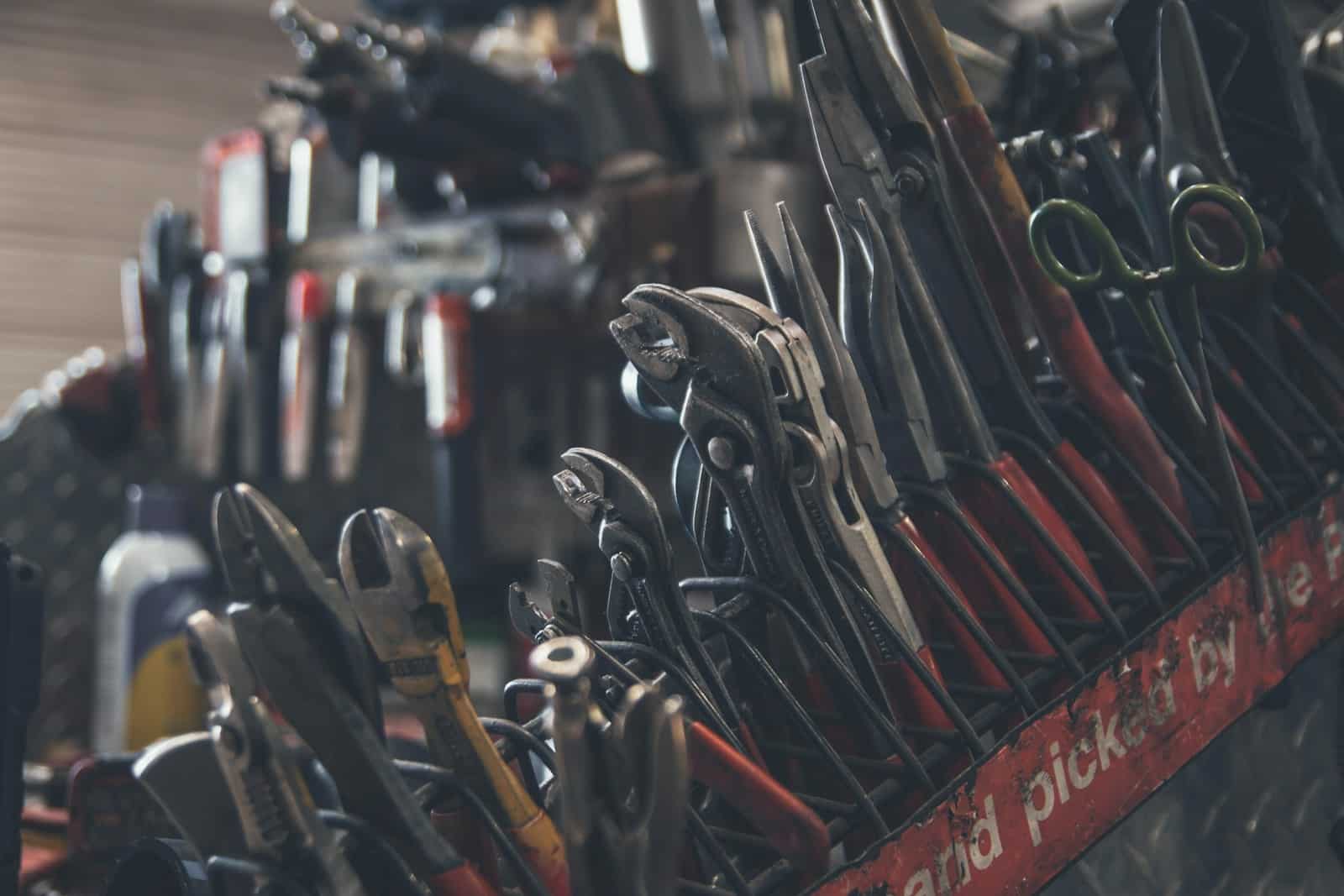
Preventive Maintenance from Professionals | The Key to a Long-Lasting Water Heater
Preventive maintenance is not just about fixing problems as they occur; it’s a proactive approach to avoid future issues. By investing time and effort in regular maintenance, you can significantly extend the operational lifespan of your water heater, ensuring it runs efficiently and safely for years to come. Maryland Sewer & Plumbing Service recommends a few essential practices to keep your water heating system in top condition:
Regular Inspection and Cleaning
Begin by annually inspecting all fittings and connections. Watch for signs of leaks and corrosion that can compromise the integrity of the water heater. A simple wipe down of the unit is also advantageous, as it helps to keep dust and debris from accumulating, which can hinder performance and safety.
Flushing the Tank
Sediment buildup is a common culprit that leads to inefficiency and can shorten the life of your heater. An annual tank flush is a must – draining and thoroughly cleaning the tank helps to eliminate sediments that have settled at the bottom, which can hamper the heating elements or create noise issues.
Checking for Leaks
Staying vigilant and inspecting your water heater for any signs of leaking is crucial. Even the smallest of drips can lead to substantial water damage over time. Promptly repairing leaks not only prevents water damage but also avoids wasting energy or water, contributing to better efficiency and savings on utility bills.
By adhering to these preventive maintenance tips, the need for emergency repairs can be greatly reduced, and the reliable supply of hot water to your home maintained.

Embracing Efficient Water Heating
A well-functioning water heater is essential for the comfort and convenience of your home. By understanding how your water heater works and staying on top of regular maintenance, you can avoid the inconvenience of cold water surprises. And when you do encounter issues that are beyond your expertise or comfort level, don’t hesitate to call on the professionals. Maryland Sewer & Plumbing Service in Pasadena, Maryland is dedicated to bringing warmth back into your home, ensuring that you never have to endure another cold shower.

